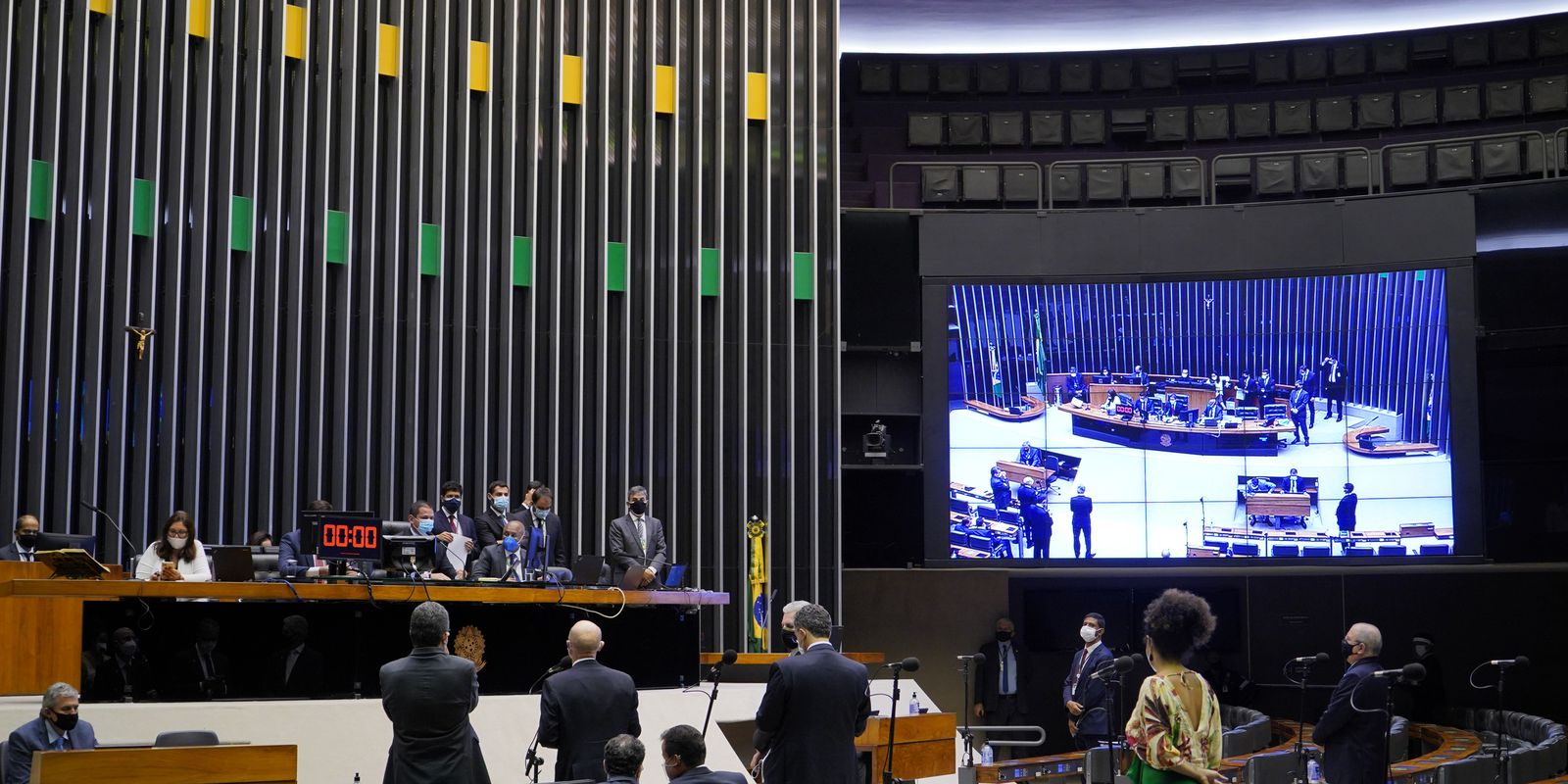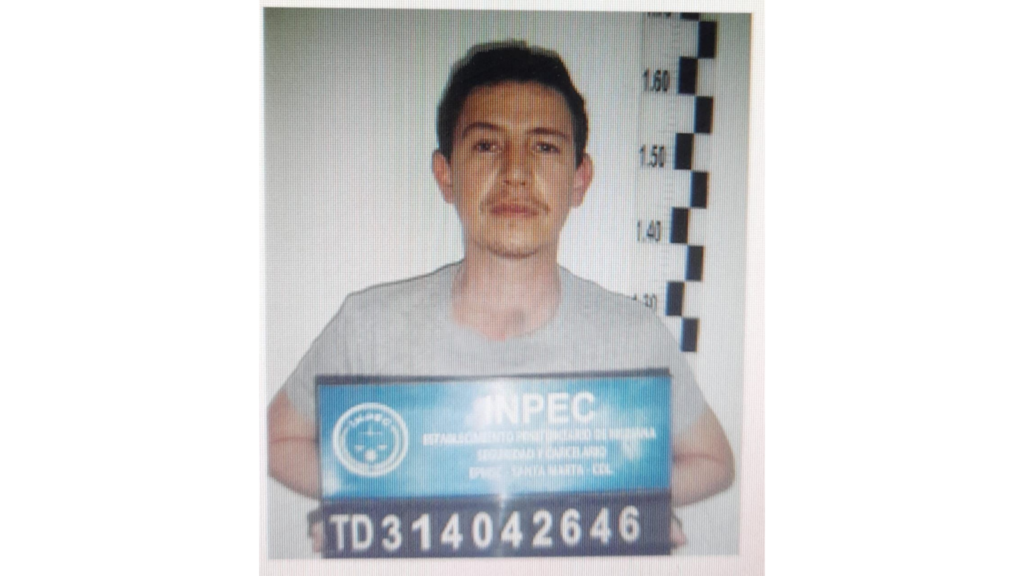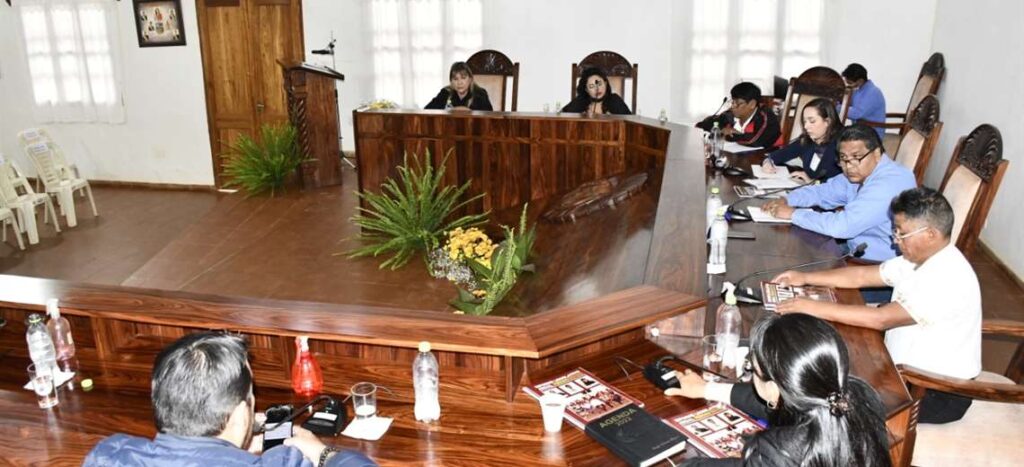The Chamber of Deputies concluded this Tuesday (3) the provisional measure that allows the offer of scholarships from the University for All Program (Prouni) to students who studied in private schools without a scholarship. The matter goes to presidential sanction.
While being processed in the Senate, congressmen returned to the text the provision that dispensed with the presentation of documentation to prove family income and the status of people with disabilities, when the information is available in databases of government agencies. Initially, the deputies had included the need for proof of income. With the modification, the proposal returned to the Chamber and was approved according to the text of the senators.
Edited in December last year, the federal government justified that the measure seeks to expand access to higher education for students graduating from private high schools who took the course with partial scholarships. The change will take effect from July 2022.
The proposal provides for two types of scholarships: full, with monthly family income per capita of up to 1.5 minimum wages and partial (50% of the monthly fee): monthly family income per capita of 1.5 to 3 minimum wages. With the new rule, the 25% scholarship previously provided for in the program is excluded.
Suspension
The MP also provides for the inclusion of a suspension penalty imposed on those who fail to comply with the obligations assumed in the term of adhesion and the readmission of the sponsor of the university punished with the disconnection. Created in 2005, the program provides for the offer of scholarships to undergraduate students at private colleges in exchange for tax exemptions (IRPJ, CSLL and PIS/Cofins).
The measure modifies the system of proof of payment of taxes at the end of the calendar year to a semi-annual frequency to be determined by the Ministry of Education.
Shareholders
The proposal establishes that the total amount of scholarships for quota holders will be calculated according to the proportion of people who self-declared that they belong to any of these groups, according to the latest IBGE census. With the new rules, the quota calculation will follow the percentage of each subgroup.
Students coming from family and institutional care services were also included in the quota groups. It is necessary that the candidate appears in the database of the National System of Adoption and Reception of the National Council of Justice (CNJ). The percentage will be regulated by the Executive Branch.
If the vacancies are not filled by these students according to the selection process, they must be filled by the other students who meet the requirements and by candidates for licensure, pedagogy and higher normal courses, regardless of income, for public school teachers.
















